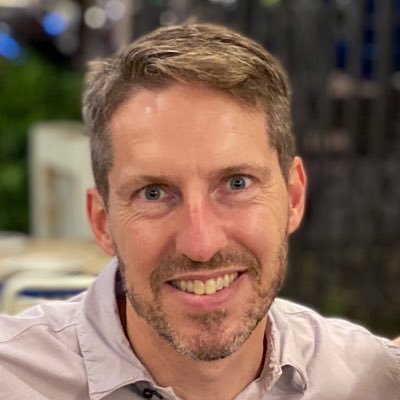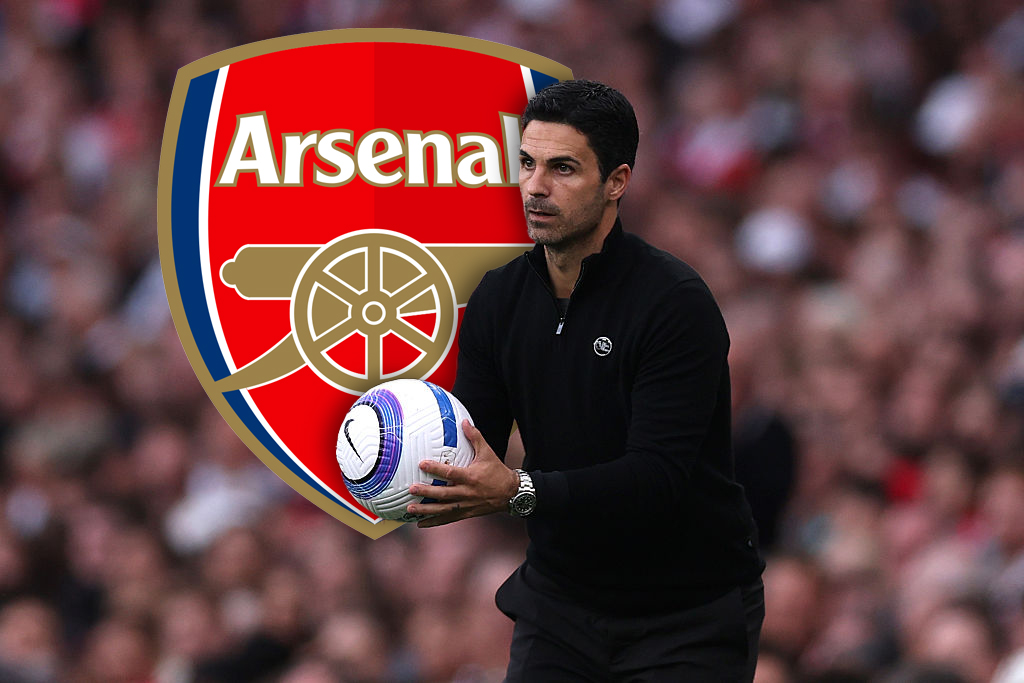From Argentina to Antarctica & the Falklands
From Buenos Aires we flew south to Urshuaia, the worldâÂÂs southern most city in Patagonia, where we boarded a ship to Antarctica. The Drake Passage, which you enter after rounding Cape Horn, is notoriously rough and I spent the first day being seasick.
There were many scientists and academics on the ship, well-spoken British twice my age with two brains and who knew absolutely nothing and cared even less about football. Conversation was about flora and fauna rather than Falkirk and Ferguson.
After going on land, four Argentinian sailors from their Antarctic station boarded and I was asked to be an interpreter. I could have had them right over.
âÂÂWould you tell the sailor that I was in charge of New ZealandâÂÂs base on Antarctica,pâ could have been changed to: âÂÂThe man here says that he admires your moustache very much and that you look like Terry McDermott.âÂÂ
âÂÂAnd how is the penguin population this year?â to: âÂÂIâÂÂd like to feed the penguins some chicken McNuggets.âÂÂ
"Hey... you promised us a Happy Meal"
The sailors live on the frozen continent for four months a year. One was a River fan so I showed him photos of the Monumental. Another loved Carlos Tevez.
Get FourFourTwo Newsletter
The best features, fun and footballing quizzes, straight to your inbox every week.
Nike have branded Tevez his own range of clothing in Argentina. ItâÂÂs surprisingly smart. I told the sailor that Manchester United fans frequently sing "Argentina" when Tevez plays, which he liked. The chant is controversial for more than one reason, the most obvious being the Falklands War.
The Falklands was my next stop and after three days at sea we arrived at Stanley, the tiny capital of 2,000 souls. My memories of the Falklands go back to childhood, the 1982 conflict and the television pictures showing the British Task Force setting off for the South Atlantic. I was nine, so my dad formed my opinions. One night I asked him if we would win the war.
âÂÂYes, because the Gurkhas and the Paras are there,â he replied. âÂÂThe Gurkhas will fight with their bare hands if they need to.â That was all the assurance I needed in the top bunk.
23 years later, I dated an Argentinian girl.
âÂÂYou know,eâ she said to me after a few weeks, âÂÂI was scared of the British when I was a child. We lived near a military base and we thought the British planes were going to bomb it. We had to practice climbing into the shelters when we heard the air raid siren at school. Some friends of my parents lost their son. He was 19. Our leader was a military dictator who should not have started a war, but the Malvinas are ours.âÂÂ
ItâÂÂs still a very sensitive subject in Argentina. IâÂÂve read several books on the conflict, most, but not all, written in English from a British perspective.
I visited the Argentinian war memorial in Buenos Aires, which lists the names of nearly 700 dead. ItâÂÂs a sobering, saddening experience. Ironically, the memorial stands opposite a clock given as a gift from the British government in earlier, happier, years.
Then I visited Stanley and saw the places which made the news 27 years ago: Goose Green, Wireless Ridge, Mount Tumbledown. Bleak, Pennine-like windswept hills where hundreds died in fierce battles between dug-in Argentinians and the attacking British - including the Paras and the Gurkhas.
I saw the war memorials, with names like âÂÂH JonesâÂÂ, who was posthumously awarded the Victoria Cross, engraved into the stone. He died leading his men on an attack of a machine gunnersâ nest.
I also visited the museum, which has an extensive section on the war. What struck me most was a handwritten note from a young Argentinian soldier, which was given to one of the 500 islanders who stayed in Stanley while the Argentinian forces were there for 74 days until surrendering to the British.
Many of the Argentinian soldiers were young and poorly trained. âÂÂWe are sorry,â it started in hand-written English. âÂÂBut we are hungry. Can we have some food?âÂÂ
It went on to explain that they would get in trouble with their superiors if they were seen talking to the islanders, but if they could possibly pass by later it would be much appreciated.
----------------------------------------------
FourFourTwo.com: More to read...
Confessions of a Correspondent home
Blogs home
Latest England news
News home
Interviews home
Forums home
FourFourTwo.com home

Andy Mitten is Editor at Large of FourFourTwo, interviewing the likes of Lionel Messi, Eric Cantona, Sir Alex Ferguson and Diego Maradona for the magazine. He also founded and is editor of United We Stand, the Manchester United fanzine, and contributes to a number of publications, including GQ, the BBC and The Athletic.
